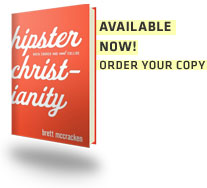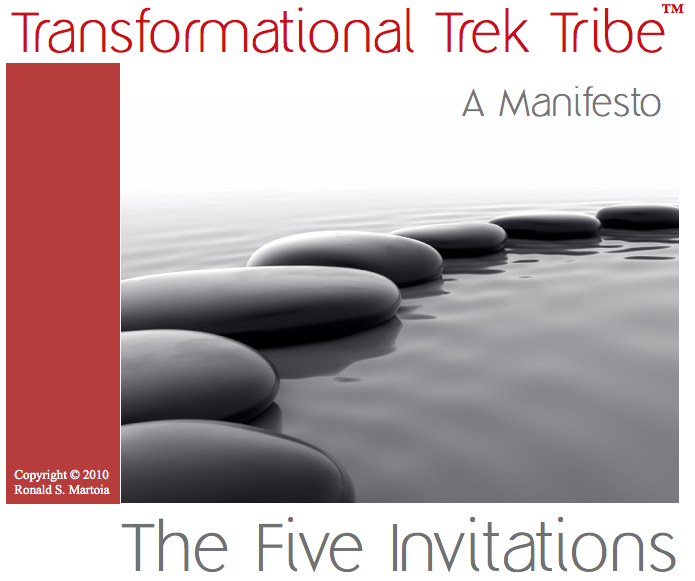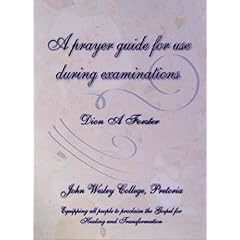I am an avid reader – naturally I have to read for my work. When I say that I ‘have’ to read, I mean that I love to read. I read as much as I can, as often as I can. I have an insatiable thirst for knowledge!
That being said, not everything that I read is of an academic nature. I particularly enjoy reading outside of my field of study in popular philosophy, science (especially neuroscience), economics, biography and fiction.
I own too many books. Megan is constantly trying to get me to take my books to my office at the University. Indeed, I do have three walls full of books in my office (my most used academic books are there). At home we have a few more book shelves with a far wider variety of subjects outside of theology. In recent years, however, since I received an iPad for work in April 2012 I have mostly bought my books in Kindle format. Amazingly I still have that same iPad and I have read hundreds of books on it. It took a little time to get used to the Kindle format (I still like paper, the feel and smell of it, its texture, and the ability to use a pencil to mark a page, underline a sentence or write a comment in the margin of a book). However, when I was traveling like crazy in 2012 and 2013 it was wonderful to have my library with me on a single device!
These days if I buy a very important book (like Charles Taylor’s A secular age or David Ford’s The modern theologians) I will get a copy on Kindle, and if my research funds allow it I will purchase a paper copy for my office to share with colleagues and students.
For books that are really just being read for fun, I may even get a copy on Audible. I don’t often drive my car to work (most days I commute on my Vespa), but when I am driving, or flying, somewhere it is great to have a book to listen to. I also listen when I cycle on my own. It is a great way to get two things done at once. The first every audiobook that I listened to was Umberto Ecko’s The name of the rose – after that I was hooked and have listened to many more.
So, here are a few books that I read or listened to in 2016 (this does not include the academic books that I have read this year – perhaps I will do a separate list on that at some point).
These books are not listed in any order other than my purchasing history on Amazon! My favorites for 2015 are Ben Lovejoy's 11/9 and Simon Winchester's three great books.
Dan Brown Inferno
Inferno
I love the way Dan Brown writes. In particular I love reading how he describes the places his characters visit since I have been to many of these places. This was a great thriller - not as entertaining as entertaining as The Davinci Code or Angels and Demons, but a great suspense novel for anyone who likes to solve puzzles and riddles with a bit of history thrown in for good measure.
Max Barry Lexicon
This was a wonderful piece of science fiction. It is well written, has lots of twists and turns, and is very well researched (particularly if one has an interest in language, language theory, philosophy of language and the neuroscience of communication).
Kevin Mitnick and Steve Wozniak Ghost in the wires: My adventures as the world's most wanted hacker
I don't think this book will appeal to everyone's tastes. I have read one or two of Wozniak's books in the past and sadly he doesn't write well. Mitnick is a very interesting 'proto-hacker'. I read a lot about him when he was first arrested in alt.2600 and elsewhere. I also read his The art of deception many years ago. He is an interesting fellow and the pursuits of his hacking career are interesting and filled with adventure.
Mark Owen No Hero and No Easy day
I am certain that these two books will not appeal to a wide audience. Mark Owen is a former Navy Seal who was part of the team that apprehended (and killed) Osama Bin Laden. Since I had some specialist training during my national service I am always interested to read about the training of others, and also find it fascinating to see to what extremes people will push their bodies and minds. Most interesting for me is gaining some insight into the ethical decision making processes that go into war and warfare. I find it fascinating to see the conflict of values, and how ethical dilemma's are engaged and resolved in such settings. These books are full of bravado and are certainly not literary masterpieces. However, they were insightful.
Neal Stephenson Cryptonomicon
Cryptonomicon
This is another exceptionally well researched and beautifully written action adventure. It spanned a few historical periods and geographical locations. I learnt quite a bit about cryptography (both contemporary and historically) and found the combination of espionage, mathematics and action so entertaining.
Clive Cussler The assassin
I am not a fan of westerns. I can't even remember how I came to read this book. I think it may have been recommended on Mac Break Weekly. It was interesting, but I don't think I will read any more in this series. If you like Westerns and period Americana this may appeal to you.
Simon Winchester The Professor and the Madman and The man who loved China and The men who united the states.
The Professor and the madman
Simon Winchester is my favorite author at the moment. I suppose he can be related in some way to Bill Bryson's genre of historical biography. He writes beautifully. Every detail in his books is carefully researched and he uses impeccable English grammar to construct his narratives. Every time I read one of his books I feel emotionally and intellectually enriched. They are wonderful! The Professor and the Madman is about the writing of the Oxford English Dictionary. That was my favorite 'fun book' in 2015.
Neal Stephenson Seveneaves
Seveneves
This was my second favorite book for 2015. It is science fiction at its best. Stephenson has a wonderful knack for telling stories. He clearly spends a great deal of time researching his subject and write beautifully. This book taught me all about the engineering of space flight. What it would take to survive in space if the earth were doomed, and the concept of genetic zygosity. Fascinating!
Ray Bradbury Fahrenheit 451
This book is a classic of science fiction. It sketches a picture of a world that attempts to reshape history through the destruction of knowledge and books. I read this during the time of the #Rhodesmustfall movement where statues were being removed in South Africa. It made me think a great deal about the totalitarian tendency to want to revise and sanitize history (not allowing memory a just and ethical allotment of the truth upon which to be judged). This is a must read!
Ben Lovejoy 11/9
This is an excellent cyber thriller. I was riveted from the first page to the last! It is another one of those books that is so well researched that one learns as you are entertained. I discovered so many things about the aviation industry, flight security and anti-terrorist initiatives through this wonderful thriller. This book is particularly special since Ben Lovejoy is a friend of mine who lives in the UK! I highly recommend this book!
Dave Eggers The Circle
Amazon voted this one of the best books of 2015. I agree. It is a very contemporary story about the power and influence of global surveillance and social networking (capitalist) enterprises like facebook and google. It reminded me a lot of Fahrenheit 451 (except for our time). It is a warning about privacy and greed and egotism. This is well worth reading!
Nicholas Nassim Taleb Antifragile
Taleb is one of my favorite authors. He is super smart. His books are always deeply challenging and creative. It is little wonder that The black swan is already a classic. Antifragile is sure to achieve the same hallowed status. It is philosophically sound and deeply challenging, even inspiring. It asks and answer the basic question 'what is the opposite of being fragile?' It is not being robust (i.e., mere surviving) it is being antifragile - that is learning to thrive in chaos and uncertainty, not just to weather the storm. This has been such a helpful book for me this year as so many things are changing rapidly in South Africa. It helps to offer a bit of perspective in uncertain times.
So, these are some of the fun books that I read this year. What have you been reading? I'd love your feedback on your favorite books of 2015, or comments on any of the books above! Please leave me a comment in the comments section below.
 Monday, January 11, 2016 at 2:12PM
Monday, January 11, 2016 at 2:12PM 
 Prof Dion Forster
Prof Dion Forster  Post a Comment tagged
Post a Comment tagged  Joerg Rieger,
Joerg Rieger,  Rieger,
Rieger,  Theology,
Theology,  faith,
faith,  justice,
justice,  migration,
migration,  reading,
reading,  travel
travel 















